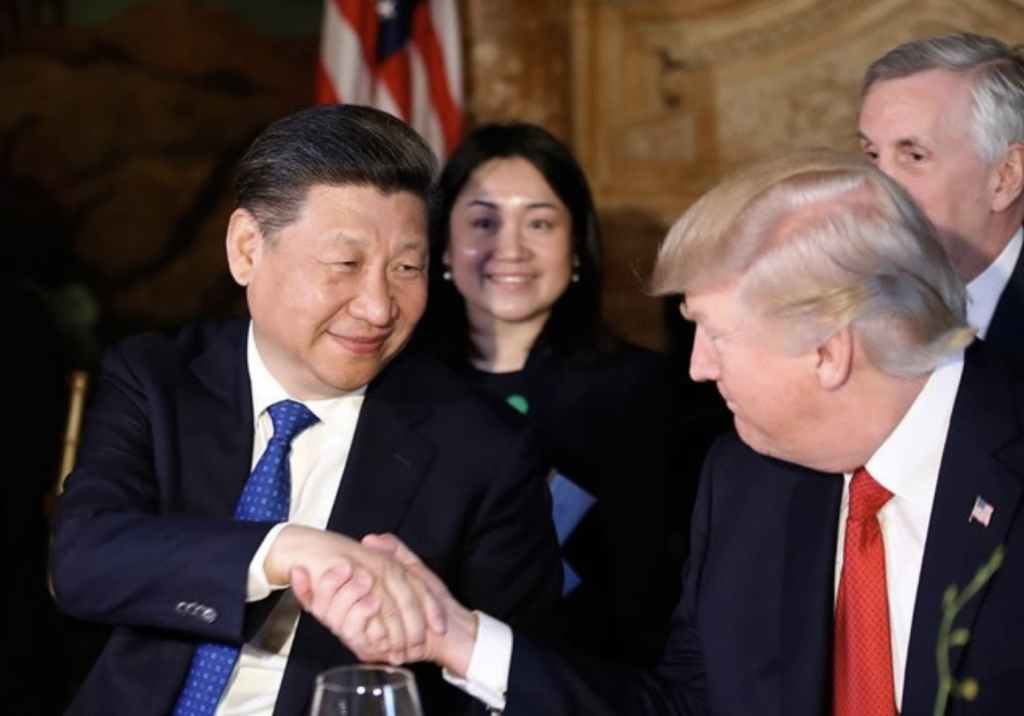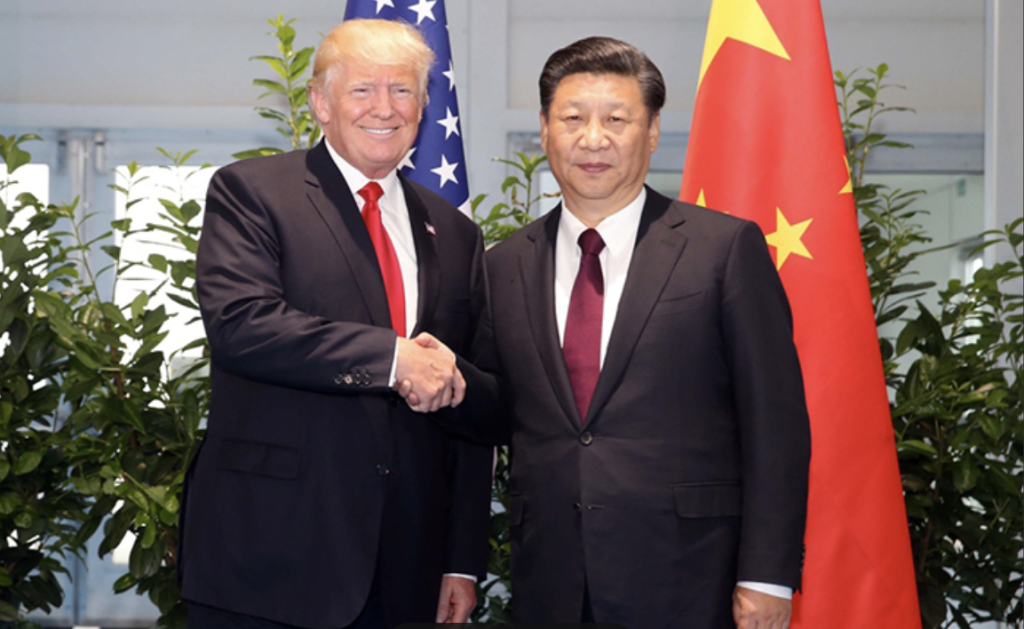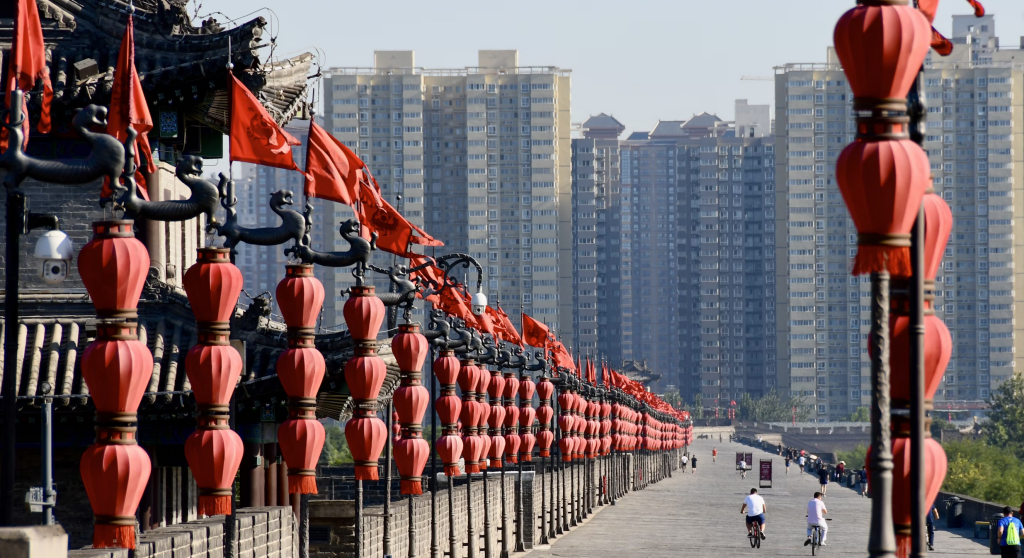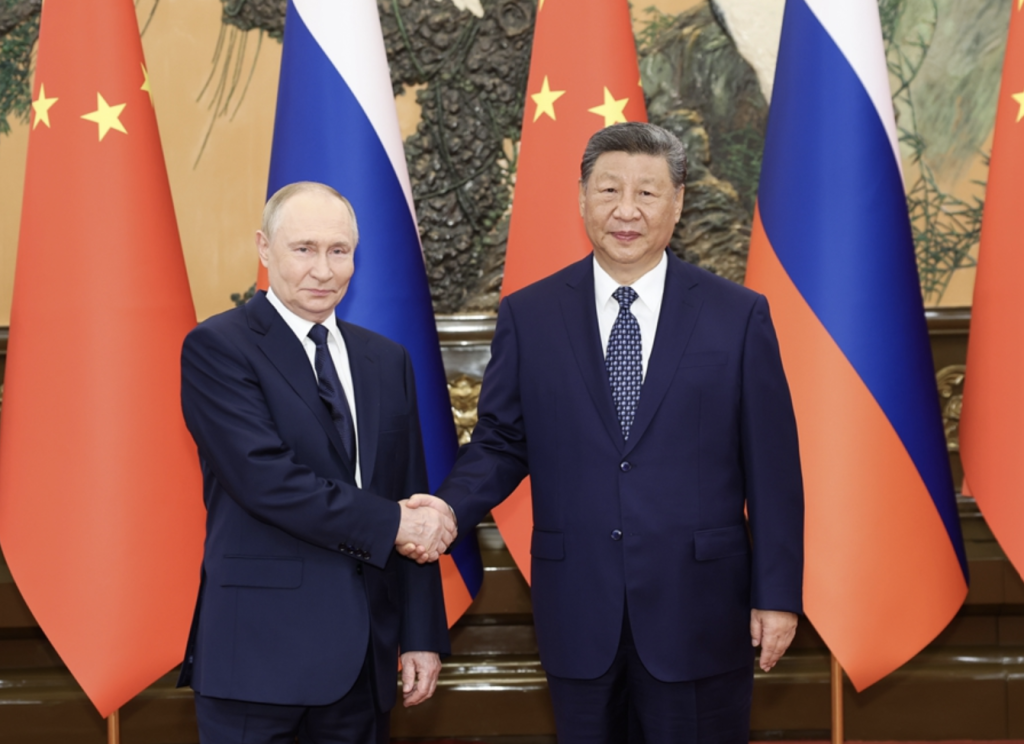Xi Jinping and Four U.S. Presidents: Personal Diplomacy Through a Decade of Change
China Policy Profiles: Senator Bernie Sanders
With a long and distinguished career in American politics, Bernie Sanders launched his first Presidential campaign in 2016 and continues to be a Democratic frontrunner in his pursuit for the 2020 Democratic nomination. Describing himself as a democratic-socialist throughout his political career, Sanders has focused on socioeconomic equality, the provision of universal healthcare, and labor protections for the American worker. When it comes to the relationship between the U.S. and China, particularly in the context of trade policy, Bernie Sanders and the Trump administration are quite similar.
An opponent of free trade, Sanders considers current U.S. trade policy a significant detriment to the livelihood of American workers, particularly due to the fact that U.S. workers are forced to compete against countries with lower labor standards and wages. Sander’s does not try to conceal his skepticism of free trade, writing on his website that trade deals are “designed to protect the interests of the largest multinational corporations at the expense of workers, consumers, the environment, and the foundations of American democracy.”
When it comes to U.S.-China trade policy, Sanders identifies two major issues: first, “the enormous trade deficit, which is caused by the mass import of cheap Chinese goods and the reality that the Chinese don’t buy enough products produced in the U.S.,” and, second, “that China restricts entry to their market so that U.S. companies doing business in China must hire Chinese workers.” His website further states that these anti-competitive measures have aided Chinese theft of intellectual property. In consideration of these realities, Sanders previously opposed the normalization of trade relations with China through the 2000 PNTR (referring to the extension of “permanent normal trade relations”).[4]
Sanders’ opposition to the PNTR stems from a variety of concerns, ranging from the dumping of low-cost Chinese goods at the expense of U.S. manufacturers to poor labor and environmental standards in China. Furthermore, Sanders has argued that the trade deficit is responsible for the loss of over 3.1 million jobs in the U.S. since 2001 and has reduced the incomes of American workers by $37 billion a year.” The Senator’s campaign site also identifies Chinese currency manipulation as another problem his administration would intend to resolve.
Although Sanders’ and the Trump administration identify similar concerns regarding the U.S.-China trade relationship, Sanders has argued that the current trade dispute has hurt American workers and disturbed markets. Sanders agrees with a tough approach towards China, but has argued that the U.S. trade strategy needs to be better tied to domestic labor protections and economic reform that ensures jobs stay at home, rather than flee abroad. Sanders regularly criticizes the current trade war as destabilizing, but it is unlikely he’d end the use of tariffs as part of his China strategy. When asked whether he’d continue to use tariffs as President, Sanders stated “Yeah of course,” but only when those tariffs are “used in a rational way within the context of a broad, sensible trade policy. It is one tool that is available.”
While Sanders’ trade strategy mirrors some elements of the Trump administration’s, it is also evident that Sanders’ perspectives on free trade and his approach towards China have nuance. Sanders voted against the Trans-Pacific Partnership, arguably an effective strategy of Chinese containment in Asia, on the grounds of protecting labor and environmental rights. Furthermore, despite Sanders’ perspective that China has a poor record enforcing labor and environmental standards, Sanders recently offered China praise, stating China has made “more progress in addressing extreme poverty than any country in the history of civilization.” Sanders also stated that he does not believe China presents an “existential threat” to the United States, but expressed concern that China is increasingly authoritarian.
Beyond trade, Sanders supports a more limited global role for U.S. foreign policy, preferring what is often called “foreign policy of restraint.” Sanders opposes intervention in Iraq and Syria, is critical of the Western alliance with Israel, and is committed to diplomacy to solve global threats, as opposed to military force. A Senior Fellow at the Brookings Institute, Thomas Wright, notes that “Warren has focused more on China than Sanders, although Sanders intends to address China more in the coming months.” However, Sanders does have a long record of concern for human rights.
In an interview for the Council on Foreign Relations, Sanders stated that “China is engaged in a program of mass internment and cultural genocide against the Uighur people. It has also been steadily eroding liberal democracy in Hong Kong.” He further stated that “the United States has limited options when it comes to pressuring Beijing to change its policies,” but that the United States should abandon its role as a promoter of global human rights. Sanders stated that his “administration will work with allies to strengthen global human rights standards” and make it known to Beijing that the international community will not accept the flagrant violation of human rights.








